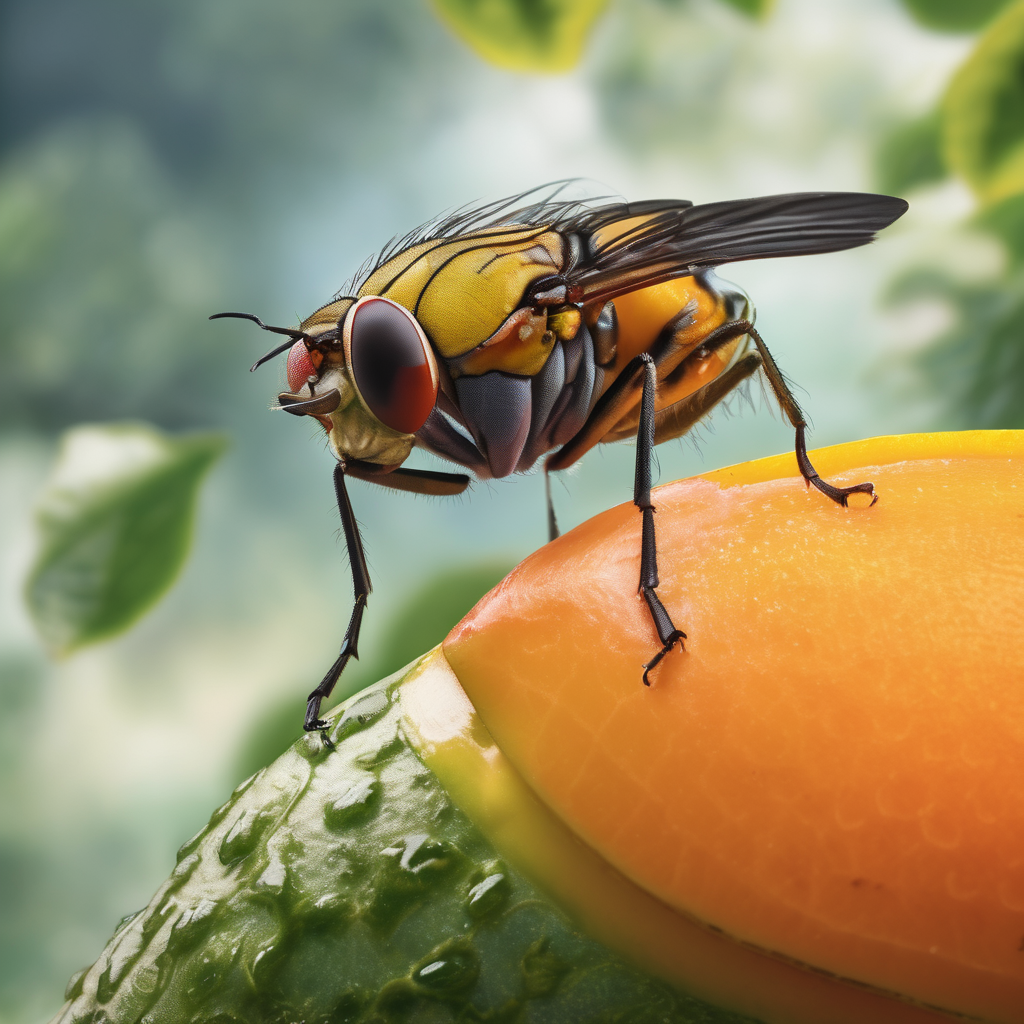The Biosecurity Authority of Fiji (BAF) has made a significant announcement regarding the detection of the Bactocera facialis fruit fly, a species native to Tonga, marking its first recorded presence in Fiji. This discovery was first identified during routine surveillance on Nanuya Island, part of the Yasawa Group, and has since been confirmed on three additional islands: Naukacuvu, Narara, and Vomo.
The Bactocera facialis fruit fly poses a serious threat to Fiji’s agricultural sector, as it is known to attack a wide array of crops including breadfruit, mango, avocado, guava, and papaya, which are essential to the local economy. While Fiji is already home to several native fruit fly species that can inflict similar damage, the BAF emphasizes that the arrival of this exotic species warrants immediate attention and action.
In response to this new threat, BAF, in collaboration with the Ministry of Agriculture and Waterways, has activated the Plant Pest Emergency Response Action. This comprehensive initiative includes intensive trapping and field inspections to ascertain the scope of the incursion. Additional measures such as deploying pheromone traps aim to control the male population of the pest and minimize its reproductive potential.
To further contain the spread of the fruit fly, BAF has imposed restrictions on the movement of fruits between the Yasawa Islands and mainland Viti Levu. These proactive measures are intended to prevent the fly from spreading beyond its current detection sites, ensuring effective biosecurity responses. Farmers and community stakeholders are encouraged to report any signs of crop damage or sightings of the fruit fly to the relevant authorities, reinforcing the need for vigilance in safeguarding agriculture.
BAF is also advising travelers to refrain from transporting fruits from the affected islands to other parts of Fiji, highlighting the shared responsibility in combating this agricultural threat. With continued community involvement and rapid reporting, there is optimism that Fiji can mitigate the potential impacts of the Bactocera facialis and protect its vital agricultural resources.
Fiji’s agricultural sector has faced challenges with invasive pests before, such as the Fall Armyworm, and the collaborative efforts of farmers and agencies reflect a strong commitment to resilience. As the nation navigates these emerging threats, there remains hope for effective management strategies to secure the future of its agriculture and food supply.
